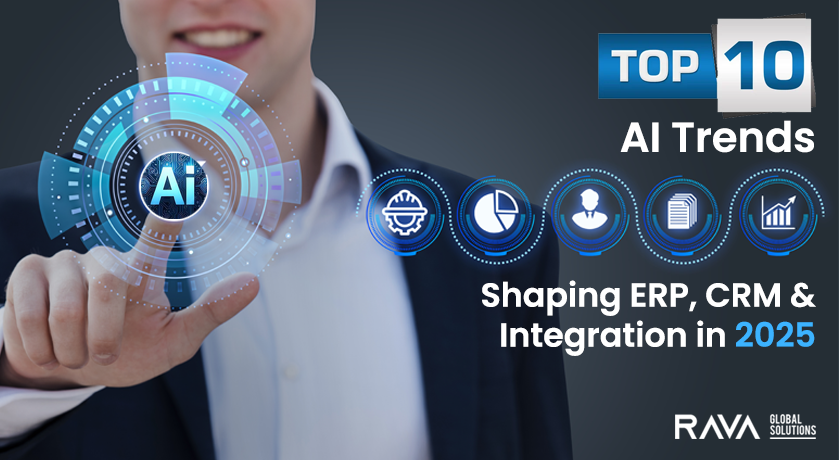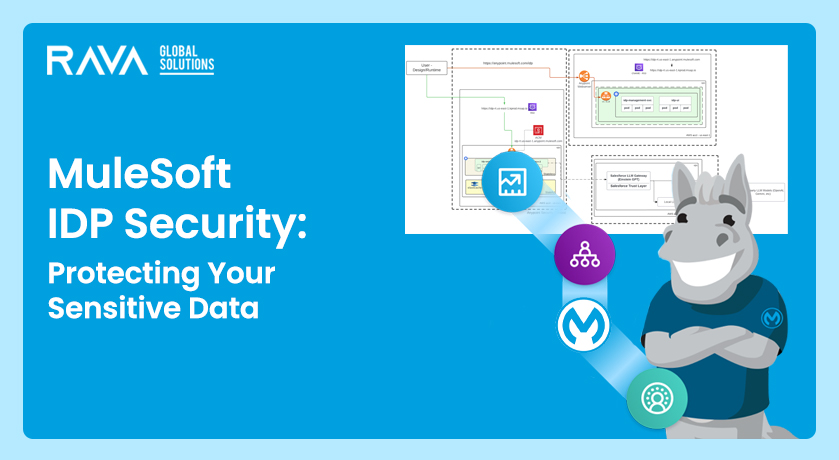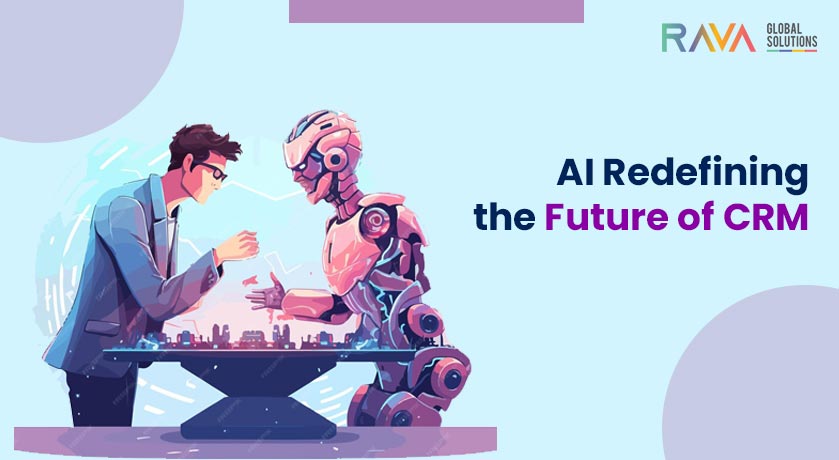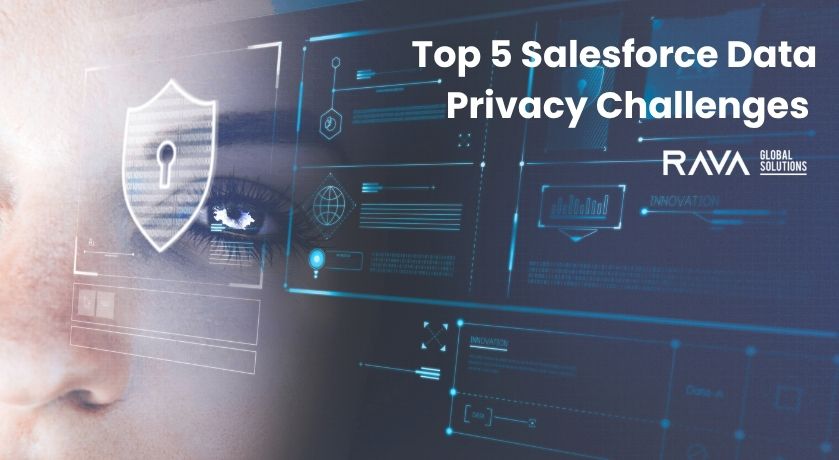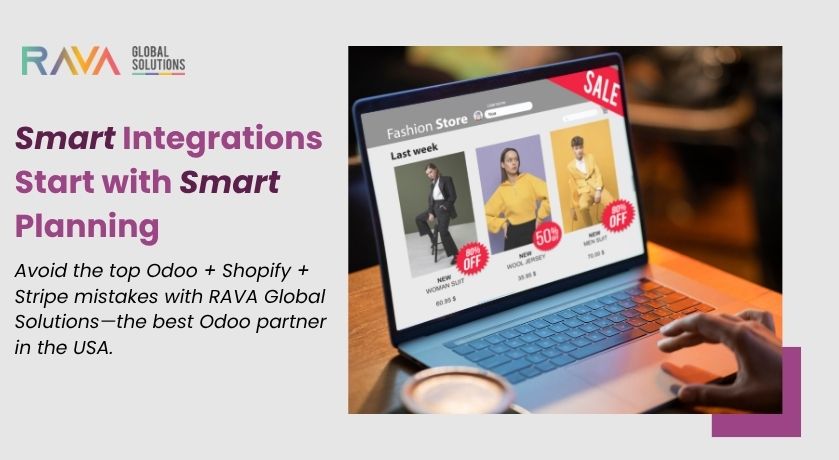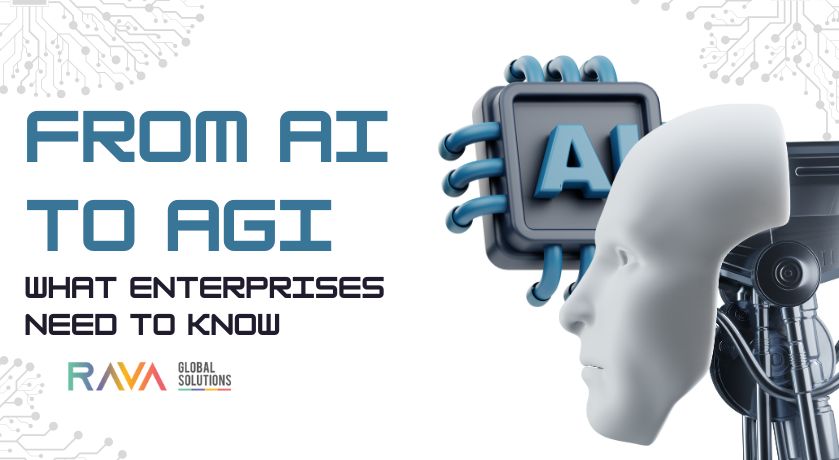Hey there! Artificial intelligence is shaking things up in the business world. It’s significantly impacting how companies operate their business. AI in ERP and CRM are changing how businesses connect with their customers. AI is also changing how different systems talk to each other (that’s integration!).
As we head into 2025, companies are using AI in really cool ways to work smarter, make better decisions, and make customers happier. Want to know what’s coming? Let’s look at the top 10 AI trends changing ERP, CRM, and integration. They are pretty exciting!
1. AI-Powered Personalization in CRM
Personalization is the key factor in customer engagement. But AI takes it to the next level by delivering hyper-personalized experiences.
- Predictive Analytics for Customer Needs: AI-powered CRM systems can analyze customer behavior patterns, purchase history, and preferences. It then understands their needs and suggests personalized solutions.
- Real-Time Customization: AI-driven CRMs adapt content and recommendations dynamically according to real-time customer interactions.
- Conversational AI & Chatbots: Advanced chatbots powered by natural language processing (NLP) provide personalized, human-like interactions to enhance customer service.
2. AI-driven Automation in ERP
ERP systems are becoming more autonomous. It reduces manual workload and increases efficiency with AI-powered automation.
- Intelligent Process Automation: AI automates repetitive tasks like invoice processing, purchase orders, and financial reporting.
- Self-Learning Algorithms: AI enhances ERP systems with self-learning capabilities. Automation allows businesses to optimize workflows and resource allocation.
- AI-Powered Compliance & Auditing: AI-driven compliance monitoring ensures regulatory adherence by automatically detecting anomalies and errors in financial records.
3. AI-Enhanced Predictive Analytics
Data-driven decision-making is crucial to modern business operations. AI enhances predictive analytics in ERP and CRM and thus helps in better use of insights.
- Demand Forecasting: AI predicts market trends and consumer demand. It helps businesses optimize inventory and supply chain management.
- Customer Churn Prediction: AI-powered CRMs identify if customers are likely to leave and suggest targeted retention strategies. That’s highly helpful, right?
- Performance Optimization: AI-driven analytics optimize business operations by detecting inefficiencies and suggesting data-backed solutions.
4. Integration of AI with IoT
The fusion of AI and the Internet of Things is changing ERP and CRM systems. It enables real-time data collection and automation.
- IoT-enabled ERP: AI analyzes IoT data from connected devices to improve asset management, predictive maintenance, and operational efficiency.
- Smart CRM with IoT Insights: AI-integrated IoT data allows businesses to understand customer behavior based on device usage, providing actionable insights.
- Automated Logistics & Supply Chain: AI analyzes IoT data for real-time shipment tracking, warehouse management, and demand forecasting.
5. AI-Powered Security and Fraud Detection
With growing cybersecurity threats, AI-driven security measures are essential to ERP and CRM systems.
- Anomaly Detection: AI identifies unusual patterns in transactions and access logs, preventing fraudulent activities.
- AI-Based Encryption & Authentication: Enhanced security measures powered by AI ensure data integrity and protect sensitive information.
- Regulatory Compliance Automation: AI automates compliance checks for GDPR, CCPA, and other data protection regulations.
6. AI-Enabled Voice & Conversational Interfaces
Voice technology plays a vital role in the evolution of ERP and CRM, enhancing user experience and accessibility.
- Voice-Powered CRM Assistants: AI-driven voice assistants help sales and support teams access customer data, set reminders, and update records hands-free.
- AI-Powered ERP Commands: Users can interact with ERP systems through voice commands, streamlining operations, and data retrieval.
- Enhanced Customer Support: AI-based voice recognition improves chatbot interactions, making them more intuitive and responsive.

7. AI in Hyperautomation for Business Processes
Hyperautomation, combining AI, machine learning, and robotic process automation (RPA), is transforming business operations.
- End-to-End Workflow Automation: AI-driven ERP solutions automate supply chain, finance, and HR operations, reducing human intervention.
- Smart Document Processing: AI extracts insights from unstructured data, streamlining contract analysis, invoice processing, and report generation.
- AI-Integrated Business Intelligence: AI enhances BI tools by providing actionable insights through predictive analytics and natural language queries.
8. AI-Driven Omnichannel Customer Experience
Omnichannel engagement is vital for businesses, and AI is revolutionizing how companies interact with customers across multiple platforms.
- Seamless Multi-Platform Interactions: AI-powered CRMs unify customer interactions across email, social media, chat, and phone calls.
- Real-Time Sentiment Analysis: AI analyzes customer feedback across channels to improve service and product offerings.
- Automated Customer Journey Mapping: AI creates detailed customer journey maps, identifying key touchpoints and optimizing engagement strategies.
9. AI-Powered Data Integration Across Platforms
Integrating data across multiple platforms is critical for business efficiency, and AI plays a key role in this process.
- Unified Data Management: AI consolidates data from different sources, ensuring consistency and accuracy in ERP and CRM systems.
- AI-Driven Data Cleansing: AI identifies and eliminates duplicate, outdated, or incorrect data, improving system efficiency.
- Automated Data Mapping: AI simplifies data integration by mapping fields between platforms without manual intervention.
10. AI for Personalized Business Insights & Decision Support
AI is enhancing decision-making by offering personalized insights tailored to business goals.
- AI-Powered Dashboards: Dynamic dashboards give executives real-time insights into key performance indicators.
- Cognitive AI Assistants: AI-powered virtual assistants provide recommendations and automate decision-making for business leaders.
- Scenario-Based Decision Modeling: AI helps organizations simulate various business scenarios and predict outcomes based on historical data.
Final Thoughts
AI is rapidly transforming the ERP, CRM, and integration platforms landscape, offering businesses innovative solutions to enhance efficiency, security, and customer experiences. From hyper-personalization and predictive analytics to AI-driven automation and security, these trends are shaping the future of business operations. Organizations that embrace AI-powered solutions will be better equipped to adapt to changing market demands and maintain a competitive edge in the digital economy.
Staying ahead of emerging trends is crucial as businesses navigate this AI-driven transformation. Implementing AI-enhanced ERP, CRM, and integration platforms will streamline operations and empower companies to make data-driven decisions and deliver exceptional customer experiences in 2025 and beyond.




